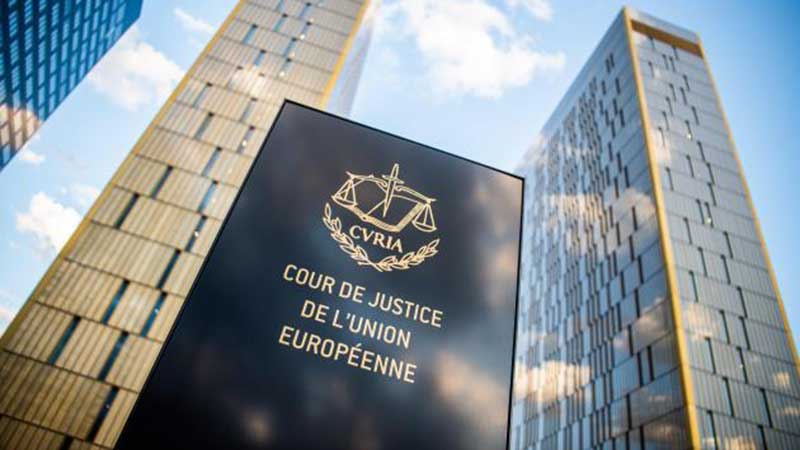Court rulings are all the rage right now and are front and centre in the media and public eye. This week we saw the UK’s Supreme Court judge that the Prime Minister, Boris Johnson, illegally closed down Parliament with his prorogation of the House of Commons – and it was opened forthwith. Not to be outdone the European Court of Justice (ECJ) has just announced that Google’s Right to be Forgotten does not apply outside of Europe. This has huge implications for a lot of people.
Right to be Forgotten Outside of Europe
In light of this ruling what does it actually mean for individuals, families or businesses in the online space? Quite a lot actually. Previously it was hoped by many people that links to stories or information about them could be removed if challenged and were deemed to be outdated or irrelevant – depending on the circumstances.
THE ECJ has subsequently ruled that tech companies only have to remove links about EU citizens from within the Eurozone and that countries outside of it “have a different approach” to freedom of speech. This is important for Google because it means that the search giant only needs to remove outdated or irrelevant links from the European version of its platform.
From an online reputation perspective this is of course this is helpful to a degree, but like the Maginot Line one can easily circumnavigate the issue in practical terms by using a Virtual Private Network (VPN) which allows you to hide your location and still peruse the links. Regardless of whether you understand how to do that or not the links are still viewable outside of the Euro Bloc and from an individual’s perspective they will continue to embarrass and damage a person’s digital reputation.
Digital Freedom of Speech?
Freedom of speech campaigners are over-joyed with the result arguing that the EU should not be allowed to decide what people can see on the web outside of European borders, with some seeing it as a victory for global freedom of expression.
Ultimately it means that courts or data regulators in the UK, France or Germany have no jurisdiction when it comes to the search results that internet users outside of Europe (namely America, India or South America) get to see.
Digital and Online Reputation Management
People in the public eye have many column inches written about them daily – not all of it good. With the advent of the World Wide Web unsavoury and upsetting content can be viewed and shared within seconds across the globe, with serious consequences for the individuals concerned.
Removing the reach of the Right to be Forgotten means that dealing with the fallout from negative and intrusive online sentiment falls ever more so on the individual and requires the expertise of digital, legal and communications professionals to help them combat it.
Digital footprints are as unique to a person as a fingerprint and as such require bespoke, targeted solutions, resources, time and an understanding of how best to execute them if you want to manage your profile effectively. The ECJ’s ruling means that if you want to safeguard your online reputation seeking this specialist help is the only way to protect yourself.

